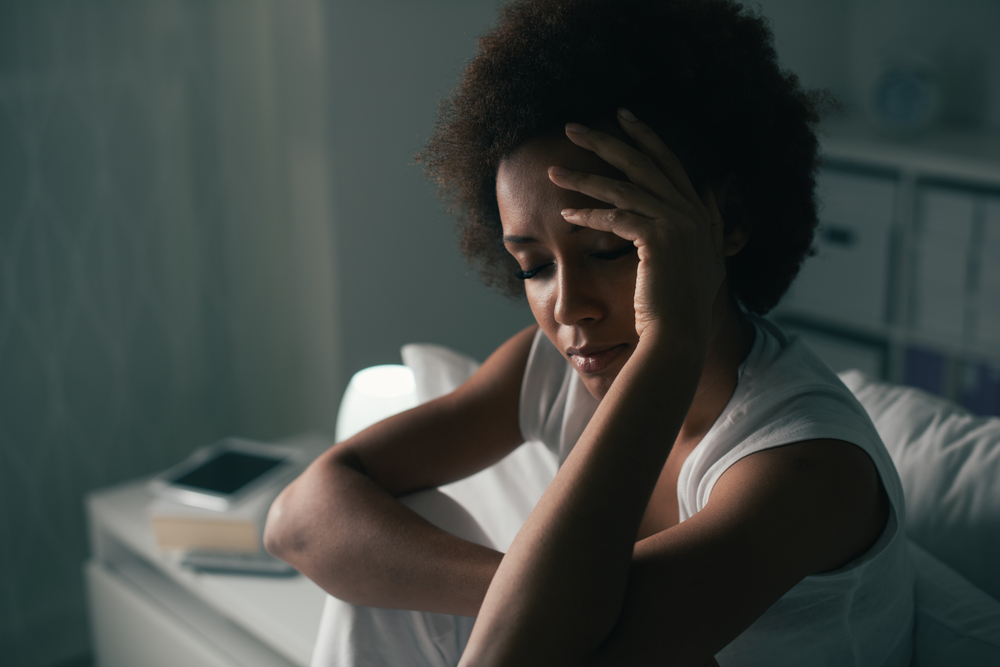
According to the National Sleep Foundation, adults should sleep between seven and nine consecutive hours every night. How much sleep are you getting? Chances are, it’s not enough.
Your body and brain rely on restorative sleep to keep you healthy and help you get the most out of your waking hours. If you wake up after a short or restless nights sleep, you may notice you have a shortened attention span, foggy memory, or decreased alertness. Perhaps it’s time for a 30-minute power nap?
If you’re struggling with sleep, you may be surprised to learn what may be keeping you from a good night’s rest.
Sleep apnea
Snoring or inefficient breathing can give you a fitful night of sleep and leave you tired and sluggish throughout your day. If this happens to you regularly, try using a CPAP (continuous positive airway pressure) mask to increase air pressure in your throat so it doesn’t collapse when you breathe in, or an oral appliance to help keep the airway open during sleep.
Insomnia
Whether the culprit is anxiety, depression, over consumption of alcohol, or certain medications, insomnia can strike and cause you difficulty in falling asleep, staying asleep, waking too early, or waking up unrefreshed. Unless you are taking a medication that disrupts your sleep, often a relaxing shower, soothing music or the scent of lavender can help you relax and get to sleep.
Minty fresh breath
While we don’t recommend you stop brushing your teeth before bed, you might want to avoid toothpastes and mouthwashes that contain peppermint and cinnamon, or try brushing an hour or two before bed. These ingredients can have a stimulating effect and increase your alertness.
Vitamin B
If you’re having trouble staying asleep, try taking your vitamins in the morning. Vitamin B12 affects melatonin levels, making sleep more difficult to come by. Also, if vivid dreams are waking you up, vitamin B6 may be the culprit.
A nightcap or chocolate
Drinking a glass of wine or indulging in a bit of chocolate before bed can affect your sleep homeostasis, your brain’s regulator for sleep and wake cycles.
Polyester
If you’re waking up hot and sweaty in the middle of the night, check the fabric content of your bed sheets. Polyester bed linens aren’t breathable, which can cause sleep disruptions.
Too much time indoors
Regular exposure to sunlight strengthens your circadian rhythm and makes you more likely to fall asleep easily at night.
Smartphones and tablets
These devices emit light that can interfere with your natural sleep cycle. Not only that, but using technology shortly before bed increases the time it takes for you to fall asleep and your ability to stay asleep.
Sound effect
Sleeping in a noisy environment cannot only be disruptive, it can adversely affect your health. Try to find a quiet place to get some shut-eye. You will have more restful, higher-quality sleep and wake up feeling refreshed.
At the PVHC Sleep Center, we are ready to help you sleep better by discovering what sleep issues you have. Schedule your sleep consultation today by calling 909-865-9152. Our doctors are ready to help you sleep soundly.




